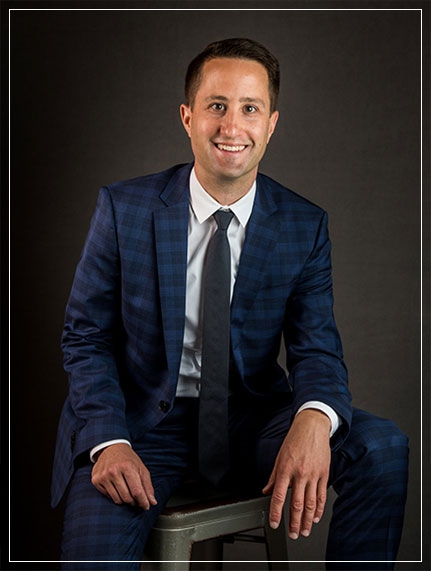
Arizona law prohibits driving with a blood alcohol concentration (BAC) of 0.08% or higher within two hours of driving. For the purpose of this article, “within two hours of driving” is the critical phrase.
What if the police cannot obtain a breath or blood sample from the driver in the two hours after driving?
In some cases, it takes over two hours to get a qualified phlebotomist to draw a person’s blood. In other cases, the driver may refuse to consent to a breath sample despite the consequences of refusing to do so. Or, the driver may have to receive medical treatment, and no sample can be obtained within the first two hours.
Regardless of the reason for the delay, the State will still prosecute the driver for DUI, even if they did not obtain a BAC on the driver within two hours of driving.
Table of Contents
What Is a Retrograde Extrapolation?
The State will try to meet its burden of proving that a defendant had a BAC higher than the legal limit within two hours of driving by using retrograde extrapolation. State ex re. Montgomery v. Miller (Real Party in Interest: Suzanne Madrid), 234 Ariz. 289, 295 ¶ 4 (Ariz. Ct. App. 2014) (citation omitted) (hereinafter referred to as “Madrid”). Retrograde extrapolation is a method by which a person’s BAC at an earlier point in time is calculated based on his BAC from a later blood test. Id.
Rule 702 of the Arizona Rules of Evidence provides that a trial judge serves as a gatekeeper who makes a preliminary assessment as to whether the proposed expert testimony is relevant and reliable. Madrid, 234 Ariz. at 297. There are several considerations under Arizona law:
- Whether the proffered expert is qualified to testify about a particular issue
- The expert testimony must assist the trier of fact in understanding the evidence—expert testimony that does not relate to any issue in the case is irrelevant therefore not helpful
- The court examines whether the expert obtained enough information to make the opinion reliable
- The law requires the expert’s testimony to be based on ‘reliable principles and methods’ and must be based on more than speculation
Under the newer legal standard for expert testimony pursuant to Daubert, the trial court should consider such factors as:
- Whether the expert’s theory or technique can or has been tested
- Whether the theory or technique has been subjected to peer review and publication
- Whether the theory or technique is generally accepted within the relevant scientific community
- The known or potential rate of error of the technique
- The existence and maintenance of standards controlling the application of the technique
According to Madrid, “[n]o single Daubert factor is dispositive of the reliability of an expert’s testimony, and not all of the Daubert factors will apply to all experts or in every case.” Id. at 299 (internal quotation and citation omitted).
Generally, the best Arizona experts agree that a number of variables affect how long it takes an individual to reach their peak BAC, including drinking history (time of last drink, how much they drank and over what time period, what type of alcohol they drank, whether they are a heavy or social drinker), eating history (when they ate, what they ate and how much food they consumed before they were stopped), and personal characteristics (height, weight, gender).
The Madrid Case
The trial court in Madrid determined that the retrograde analysis evidence was “unreliable and highly prejudicial” and precluded it from trial. The Arizona Court of Appeals applied Rule 702/Daubert and reversed the trial court’s decision.
Under 702(c) the court made several findings:
- The State’s expert’s testimony that an average person reaches a peak BAC within two hours of driving was sound because the expert was able to cite multiple studies supporting his position.
- The analysis had been peer-reviewed because the State submitted several peer-reviewed publications.
- The State presented evidence that its expert’s methodology has been generally accepted within the relevant scientific community.
- The State’s expert’s specific methodology reliably accounted for the potential rate of error in his retrograde analysis.
- There were general scientific standards that governed the use of retrograde extrapolation.
- Whether an expert prepared his/her testimony in preparation of litigation does not weigh heavily for or against reliability regarding retrograde.
- Retrograde is generally considered to be a reliable scientific procedure.
With that, the Madrid case solidified Arizona law on retrograde analysis under the new expert testimony standards (Daubert). Under Arizona law, when offered properly by a qualified expert witness, retrograde extrapolation is acceptable and admissible in a DUI case.
